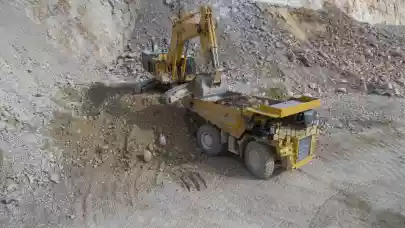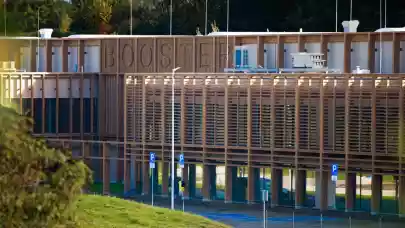
The government’s recently announced measures to curb construction material prices were published in the Official Gazette late on Thursday, including the supplementary mining tax, a new type of tax for certain market players.
The decree clarifies which businesses are subject to the extra mining tax:
- companies that are subject to mining tax under Section 20 Paragraph B of Act 48/1993;
- whose main activity is quarrying stone or mining gypsum or chalk, mining gravel, sand or clay, manufacturing cement or manufacturing plaster;
- and whose 2019 net sales reached or exceeded HUF 3 billion, not including affiliates under the act on corporate tax and dividend tax.
As expected, the government also set price caps above which the extra tax will be levied:
- graded sand: HUF 700 per tonne,
- graded gravel: HUF 900 per tonne,
- graded sandy gravel: HUF 700 per tonne,
- natural sandy gravel: HUF 700 per tonne,
- cement: HUF 20,000 per tonne.
When sold at a price higher than the above, the seller will have to pay a 90% tax on the difference between the sale price and the above capped price.
In case the seller is not subject to the supplementary mining tax, it should endeavour to set a fair profit margin on the above products. Failure to do so may result in the National Tax and Customs Administration launching a procedure for unfair pricing, the decree adds.
The supplementary mining tax must be paid in Hungarian forints by the 15th day of the next month. Tax payments made may be accounted as expenses.
The decree also stipulates that revenue from the supplementary mining tax must be used to finance government civil engineering projects in public health care.
The decree took effect on 9 July and will remain in force until Act 1/2021 on coronavirus defence is repealed.



